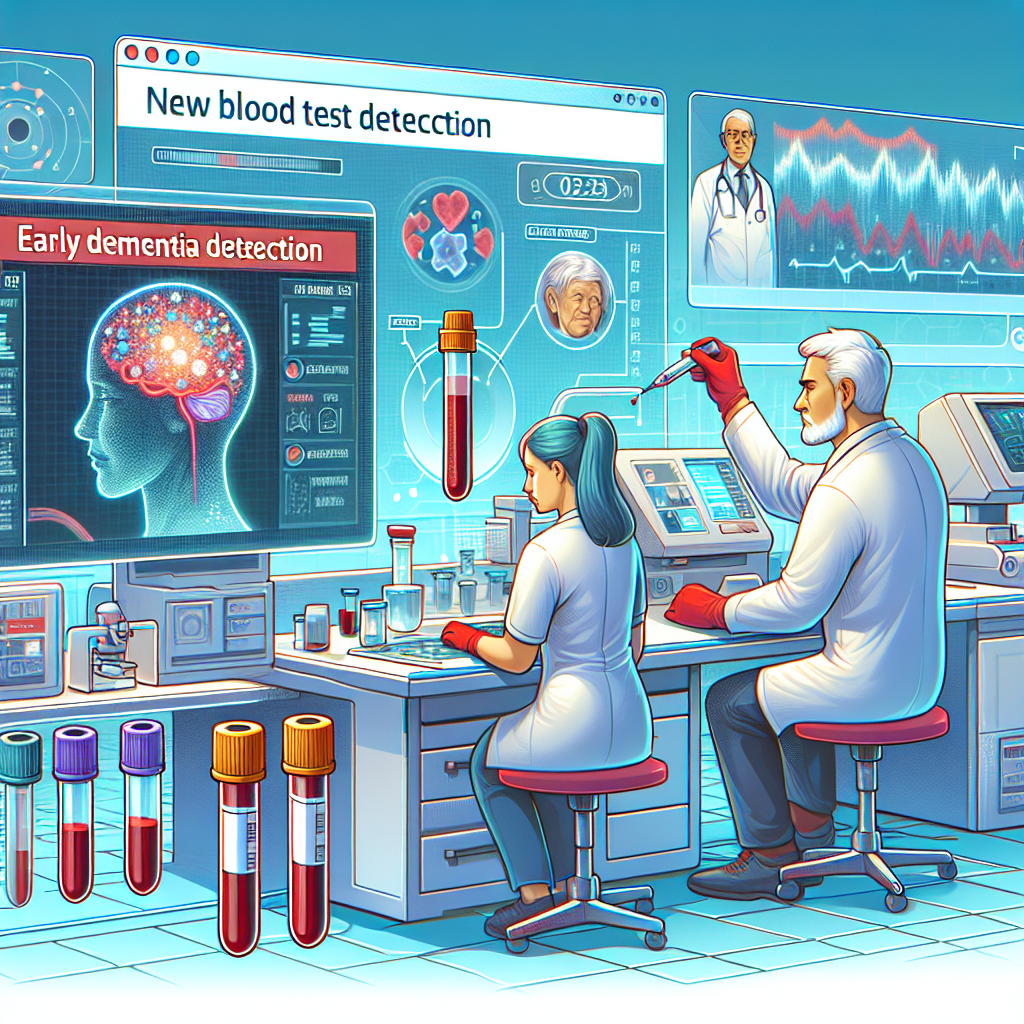New Blood Test Offers Hope for Early Dementia Detection: Study
New Blood Test Offers Hope for Early Dementia Detection: Study
Introduction
A groundbreaking study has unveiled a promising blood test that could revolutionize the early detection of dementia. This innovative approach aims to identify the disease before significant symptoms manifest, offering new hope for patients and healthcare providers.
Key Insights from the Study
- Early Detection: The blood test is designed to detect biomarkers associated with dementia, potentially identifying the disease years before clinical symptoms appear.
- Non-Invasive and Accessible: Unlike traditional methods such as brain scans and spinal taps, this blood test is non-invasive, making it more accessible and less burdensome for patients.
- Improved Treatment Outcomes: Early detection could lead to more effective interventions, slowing the progression of the disease and improving quality of life for patients.
- Research and Development: The study highlights ongoing research efforts to refine the test’s accuracy and reliability, with the goal of integrating it into routine clinical practice.
Implications for Healthcare
The introduction of this blood test could significantly impact the healthcare landscape by:
- Reducing the need for more invasive diagnostic procedures.
- Allowing for earlier intervention strategies, potentially delaying the onset of severe symptoms.
- Providing a cost-effective solution for widespread screening, particularly in populations at higher risk for dementia.
Conclusion
The development of a blood test for early dementia detection represents a significant advancement in medical science. By enabling earlier diagnosis, this test holds the potential to transform patient care and improve outcomes for those at risk of developing dementia. As research continues, the hope is that this tool will become a standard part of preventive healthcare, offering a brighter future for millions worldwide.

































